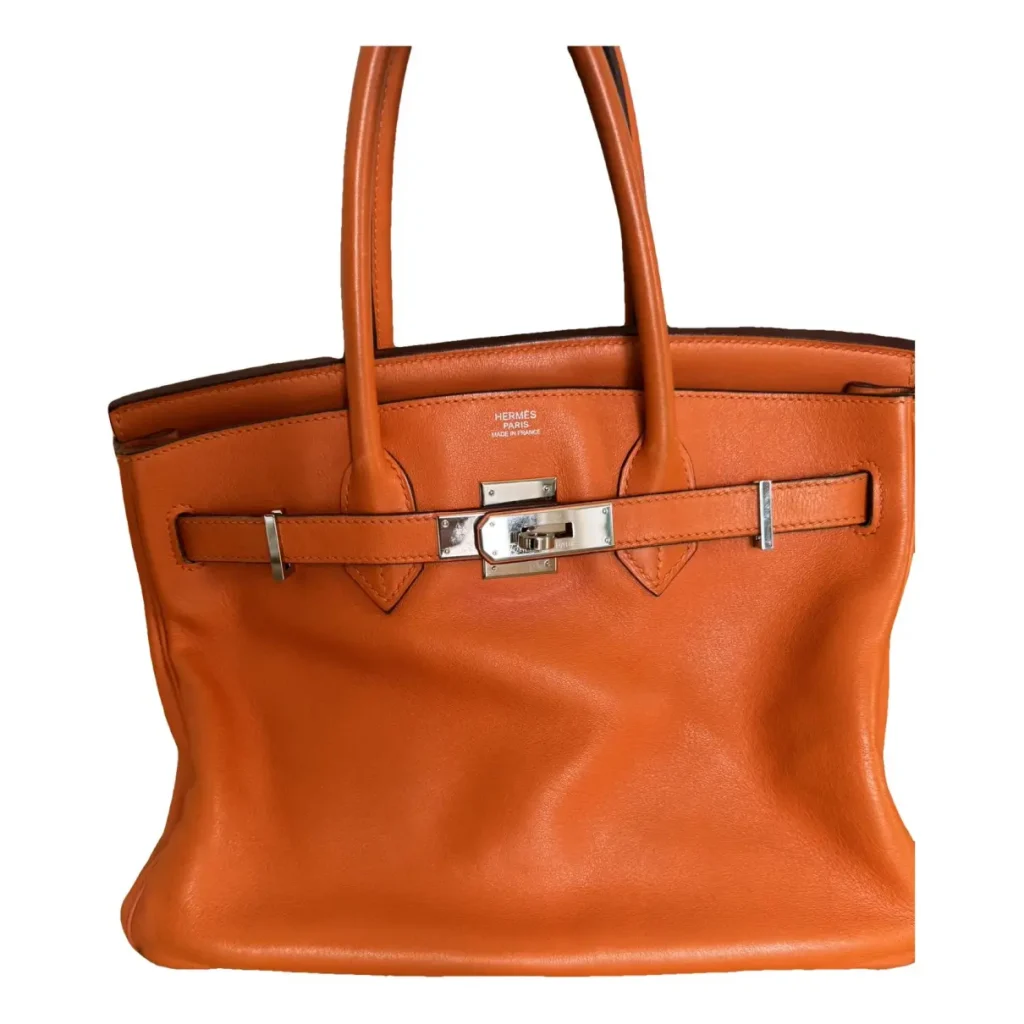Hermes shoppers group try again in Birkin bag antitrust lawsuit.
U.S. consumers taking legal action against the French luxury brand Hermes have once again updated their lawsuit, aiming to convince a doubtful judge that the company is compelling customers to spend significant amounts on other items before they can acquire one of its iconic Birkin bags.
The three plaintiffs from California submitted their third version of the complaint on Friday, incorporating additional allegations and details after Hermes requested the federal court in San Francisco to dismiss the high-profile case. The lawsuit continues to assert that Hermes only allows customers with a "sufficient purchase history" the opportunity to buy a highly sought-after Birkin bag, which is handcrafted and can cost a fortune.
The consumers argue that Hermes is breaching U.S. antitrust laws by linking the purchase of other products to the chance of buying a Birkin bag. The revised lawsuit also includes claims of false advertising and fraud. According to the lawsuit, Hermes and its sales team “understand that many of the customers they encourage to buy additional products will not actually receive a Birkin bag.” Hermes has not yet responded to requests for comments, and the lawyers representing the consumers have chosen not to provide any statements.
Related: Taylor Swift, Ticketmaster, and Antitrust Troubles
The company has denied any misconduct, telling U.S. District Judge James Donato that the allegations are “far-fetched” and that Hermes operates in a highly competitive market. Donato, who was an antitrust lawyer before becoming a judge in 2014, expressed skepticism about the consumers’ claims during a hearing in September. “Hermes can operate its business however it sees fit. If it decides to produce only five Birkin bags a year and sell them for a million each, that’s its choice,” Donato remarked. He further noted, “The fact that many of your clients might not be able to obtain a Birkin bag does not constitute an antitrust issue for Hermes.” The judge even suggested that Hermes’ alleged practices could enhance competition by encouraging consumers to consider purchasing bags from rival brands to avoid the necessity of buying extra Hermes products.
If Hermes is charging a hefty price for their bags, they’re essentially inviting competitors to step in and say, ‘Come check out our gorgeous bags without needing to spend $3,000 or $30,000 on belts,’ Donato remarked. The case is Tina Cavalleri et al v. Hermes International et al, U.S. District Court, Northern District of California, No. 3:24-cv-01707-JD. For the plaintiffs: Joshua Haffner of Haffner Law, and Shaun Setareh of Setareh Law Group. For the defendants: Christopher Yates, Belinda Lee, and Ashley Bauer of Latham & Watkins.
Related: Alec Baldwin Shooting Victim Was Wife Of Latham & Watkins Lawyer





















